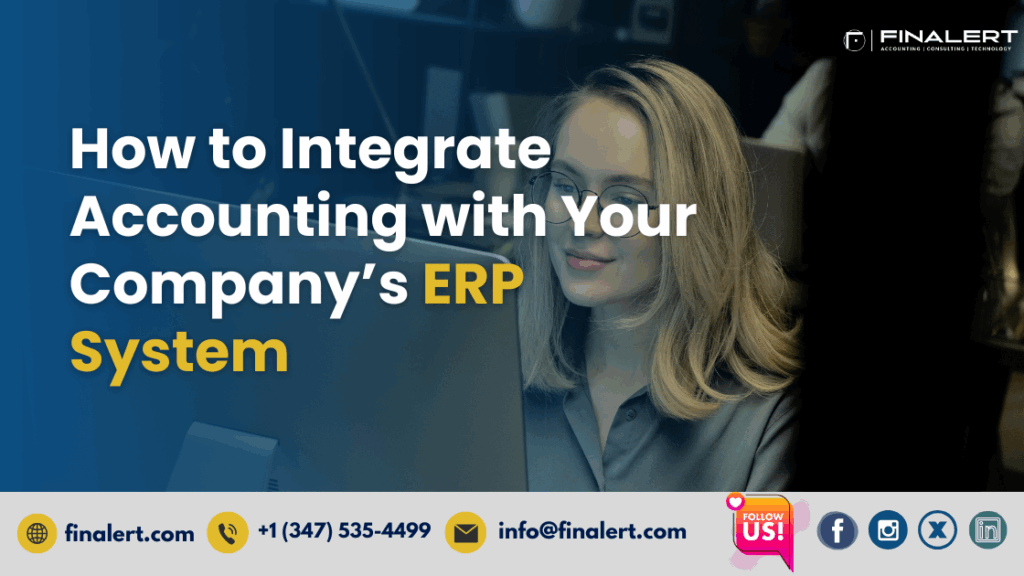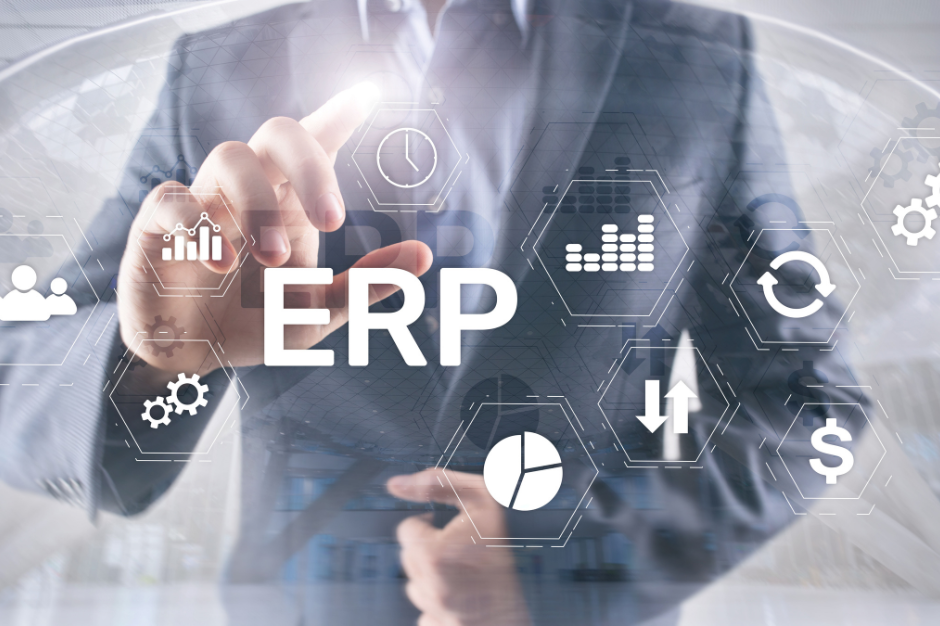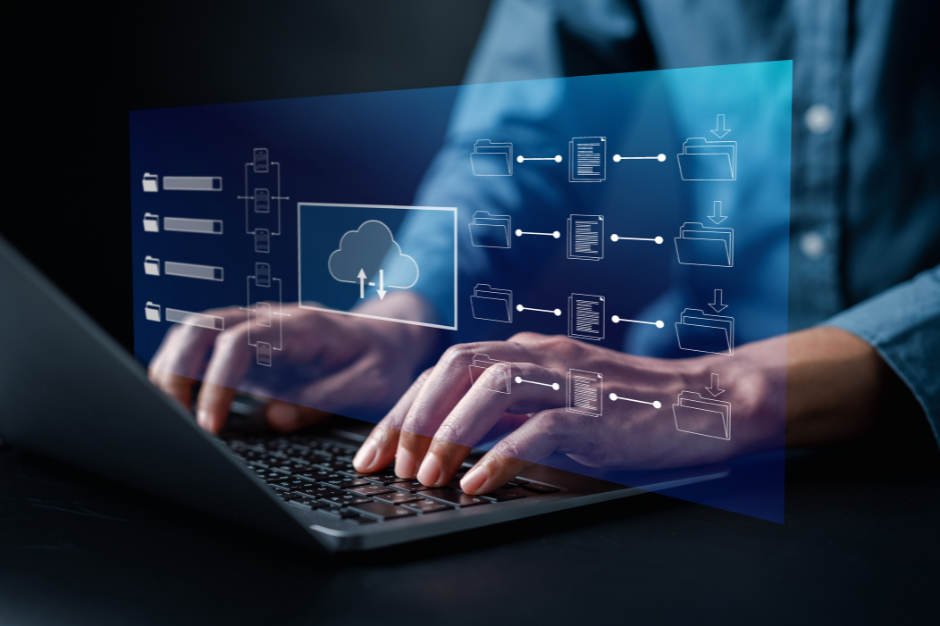
Integrating accounting functions into your company’s Enterprise Resource Planning (ERP) system is critical for businesses striving for seamless operations. A well-integrated system consolidates financial data, enhances accuracy, and supports strategic decision-making. However, achieving this synergy involves challenges, careful planning, and execution. Finalert, a trusted name in accounting, consulting, and technology services, specializes in helping businesses navigate this intricate process with tailored solutions.
Accounting and ERP systems operate as the backbone of any organization, handling vital data essential for financial transparency and operational efficiency. When these systems work in silos, they can create inefficiencies, increase errors, and limit a company’s ability to adapt to market changes. This makes integration a priority for organizations aiming for streamlined workflows and growth.
Addressing these challenges requires a structured approach. Finalert provides proven strategies to ensure a smooth transition.
Before integration begins, evaluate your current accounting processes and ERP capabilities. Identify gaps, redundancies, and inefficiencies to determine the best way to merge the systems.
Select an ERP platform that aligns with your business’s accounting needs. Modern systems offer features like:
Migrating accurate data is a crucial step in ERP integration. Take the following steps for a successful migration:
Train your finance team on the ERP’s accounting modules to ease the transition. Finalert provides customized training programs to ensure your staff gains confidence in using the system.
As your business grows, your ERP system should scale with it. Future-proof your integration by selecting platforms and tools that can handle increased data volume and complexity.

As technology evolves, accounting and ERP integration continues to transform. Here are the emerging trends:
Finalert stays ahead of these trends by continuously upgrading its expertise and leveraging advanced technology for client success.

Integrating accounting with your ERP system offers tangible benefits, including:
Integrating accounting with your company’s ERP system can revolutionize your financial operations, improve accuracy, and unlock growth opportunities. By addressing potential challenges, following best practices, and staying attuned to industry trends, businesses can position themselves for long-term success. Finalert specializes in crafting tailored solutions for seamless integration, empowering organizations to leverage the full potential of their ERP systems.
If you’re ready to optimize your accounting processes, Finalert can help. Call us today at (347) 535-4499 to learn more about our consulting and technology services.
Similar Articles
No results available
Get in touch with Finalert today for tailored business solutions!
No results available
Ready to thrive? Connect with Finalert today and let’s succeed together in the dynamic global market.
© 2025 Finalert. All rights reserved.
Ready to thrive in the dynamic global market? Finalert offers expert financial services, including accounting, consulting, and technology solutions, tailored to your business needs.
Address
Accounting
Quick Links
Consulting
Industries
© 2025 Finalert. All rights reserved.